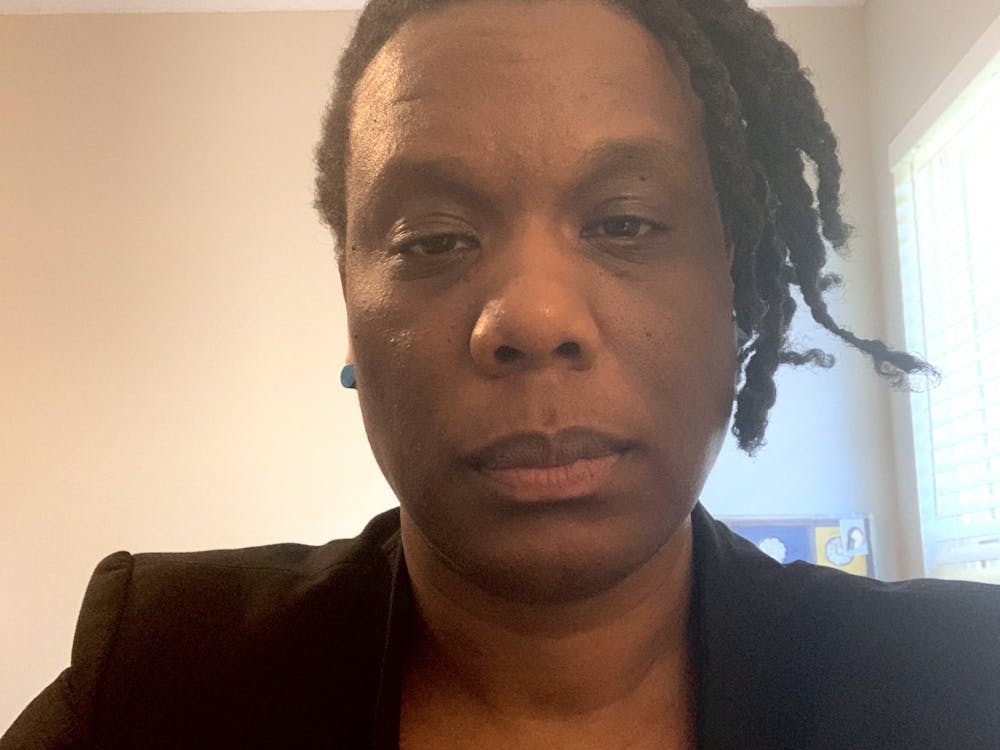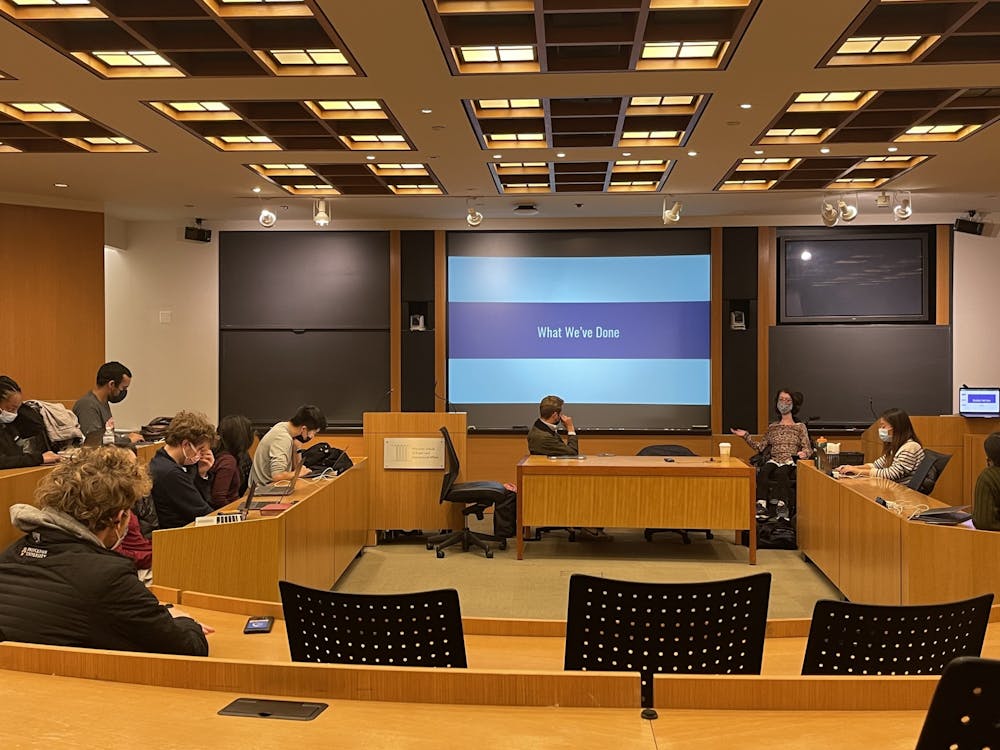Yale University decided to change the name of the controversial Calhoun College after a report was published from Yale’s Committee to Establish Principles on Renaming, and after years of debate and protest on its campus, according to a press release from Yale. The college name will now honor Grace Murray Hopper, who earned her M.A. from Yale in 1930 and her Ph.D. from Yale in 1934.
Yale President Peter Salovey made the announcement after meeting with the university’s board of trustees, which is known as the Yale Corporation. The decision contradicts Salovey’s announcement in April that he did not want to change Calhoun College’s name. He said in the recent press release that he was “committed to confronting, not erasing, our history,” but that he thinks there are a set of principles now in place to address these concerns.
Salovey commissioned the Committee to Establish Principles on Renaming in order to discuss renaming buildings on Yale’s campus that might draw on heritage of the university that is seen as controversial. The committee outlines four principles “that should guide any consideration of renaming: (1) whether the namesake’s principal legacy fundamentally conflicts with the university’s mission; (2) whether that principal legacy was contested during the namesake’s lifetime; (3) the reasons the university honored that person; and (4) whether the building so named plays a substantial role in forming community at Yale,” according to the press release.
Calhoun, who served as vice president, secretary of state, secretary of war, and a South Carolina U.S. senator, was also known as a strong advocate for slavery and white supremacy. The committee therefore found that these principles justified renaming the college. Hopper, the new honoree, was a mathematician, teacher, and computer scientist. She enlisted in the U.S. Navy and contributed her mathematical skills to help the effort in World War II. She was also a naval reservist for two decades and was even “recalled to active service at the age of 60.” She eventually retired as a rear admiral at age 79. She received Yale’s Wilbur Lucius Cross Medal, the National Medal of Technology and the Presidential Medal of Freedom.
The names of buildings on university campuses have been the subject of much debate over the past few years. Universities have come under fire for their affiliations with slavery and the slave trade, such as Georgetown University whose sale of 272 slaves enabled the institution to stay afloat in 1838. Princeton University experienced its own protests in 2015 when the Black Justice League staged a sit-in in the office of University President Christopher Eisgruber ’83 to protest the name of the Woodrow Wilson School of Public and International Affairs, among other demands. Wilson, while known for his vision of international diplomacy, was also known for his re-segregation of federal agencies such as the U.S. Postal Service and his support of segregationists by appointing them to his cabinet.
The college is one of Yale’s 12 residential colleges.







